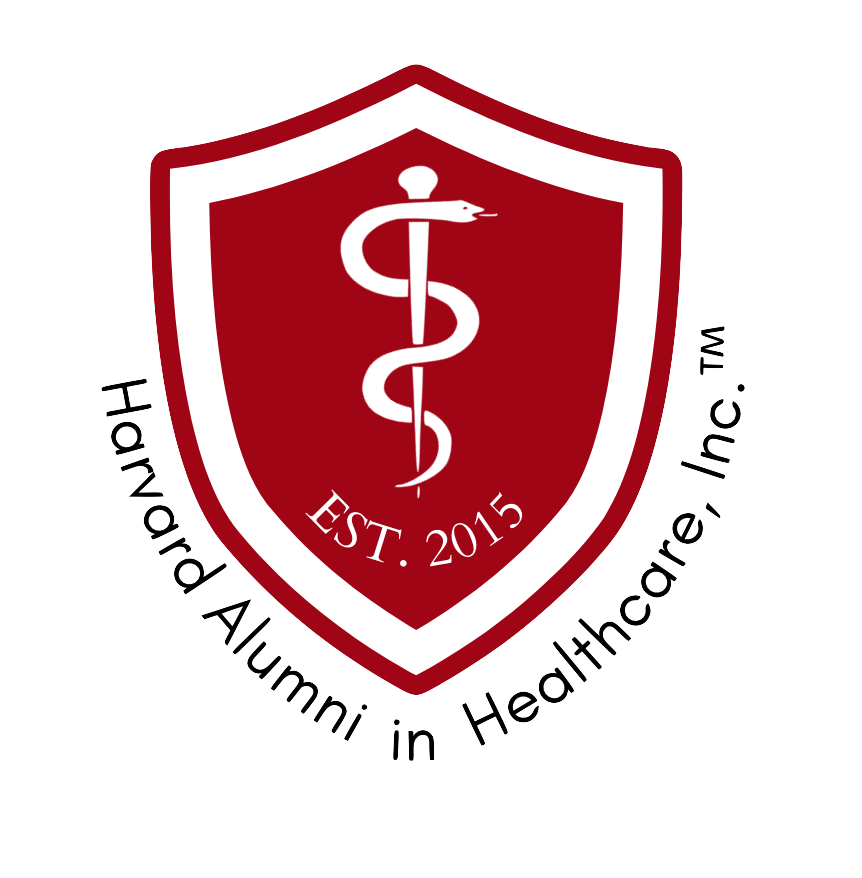Mugdha Mokashi, MD 2022
When I was on my internal medicine rotation, we spent a lot of time on an inpatient service and got to know our patients who spend a lot of time with us. At the time, I took care of an older gentleman who came in with a mysterious constellation of symptoms and ended up having pretty advanced cancer. He was experiencing a big decline in quality of life, and he had actually been putting off coming to the hospital for some time. It was really sad, but the decision-making process around his treatment following his diagnosis was one of my biggest learning experiences. He had a large family who visited him all the time, and I was fortunate to be a part of the conversation in many of the decisions. We have the ability to pursue really aggressive treatment of the disease, but only if the patient wants it. Over the course of these discussions, I got to see what we in the South would call a “Come to Jesus” moment. We were all in a conference room together, and he laid out, here are the things that would make me happy, and his family agreed that they wanted to see him happy. It was terribly sad that the patient was confined to what was essentially a terminal diagnosis, but on the other side, I’ve never been so happy to see everyone listen to this patient and joke around with him.
He said, “Whatever you guys do to me, just let me have a beer with my friends.” And everybody just laughed. It was the purest laugh I had heard in a good, long time. It was just so simple and special of a request.
The lesson I have learned from this is that it’s just so important for patients to be in a position where they can actively participate in their care, no matter how sick they are, because it just meant the world to everyone to hear him say this and have the medical team and his family fully on board.
It’s important to have a conversation about end-of-life care early on in someone’s care and in a not acute setting. One thing that I did with my own parents was sit them down and ask, do you have a will, advanced directives, etc. and opening up this conversation with them was really important and meaningful. You also have to understand that wishes can change and evolve as you get older, but I think in general people don’t even realize what options they have. I highly encourage people to check out Death over Dinner, actually, if they are interested in opening up these critical and broad conversations on a more accessible level. In fact, there have been studies that have shown that while a large percentage of Americans want to die at home, most people are not able to do so.
So it’s important for us to start these conversations early, maybe follow them extensively in the primary care unit, and from the hospital end, we are working on touching base with families and patients every day or two to keep this conversation going.
Pre-COVID, families might have been able to come in everyday to see their loved one and hear snippets of what is changing or what is staying the same in their care. But because of the restrictions during COVID, they have not been able to do this. So what I’ve been doing is call families whom I have made a connection with and who feel comfortable sharing with me everyday and tell them what I have learned. Not only does this help me solidify my learning, but gives them a much needed glimpse into how their loved one is doing from afar. The family knows the patient the best, and just hearing certain points about their experience with his care in the past is very valuable for the team and builds a cohesive relationship.
My interest and passion is understanding and speaking out about why abortion and family planning are central to the idea of patient autonomy. This story is a clear example of how that patient autonomy works so well in other fields of medicine, too. It really resonated with my self concept of what good medicine is. It’s a partnership between a care team and the patient, and the potential to do what is right for the patient is definitely there. That is a principle that I hope to apply to abortion care and my own practice, and I am very grateful that I got to witness this special moment in my career so far.
Mugdha Mokashi
MS3 Medical Student at Harvard Medical School
Interviewed and Compiled by Felicia Ho




